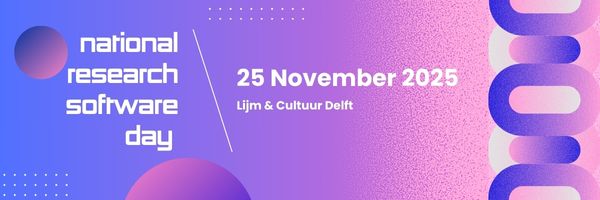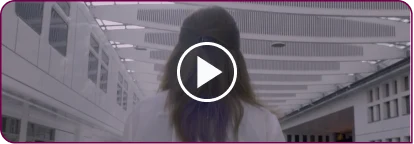March 2020 Meetup of the NL-RSE Community.

Location
Out of concern about your health and the spread of the COVID-19, and as a response to the travel and meeting restrictions emerging within the Netherlands and around the world, the NL-RSE Core Team decided to make this Friday’s meetup fully online.
The call will be conducted with the ZOOM conferencing platform. Please make sure to install and test it before Friday. Follow Joining the Meeting instructions.
Connect with this Zoom link
Registration
The registration is free and includes lunch and drinks.
Please register via this Eventbrite page.
Agenda
Collaborative Document & Agenda
| Time | Responsible | Type | Subject |
|---|---|---|---|
| 10:30 - 11:00 | hello & coffee | ||
| 11:00 - 11:05 | Mateusz Kuzak | Welcome and purpose | |
| 11:05 - 11:10 | Mateusz Kuzak | Agenda and ground rules | |
| 11:10 - 11:30 | everyone | Introductions and announcements | |
| 11:30 - 12:00 | Gijs Molenaar | talk | "Training a reinforcement agent with simulations of the Dutch electricity Grid to optimize long-term investment strategies" http://pythonic.nl |
| 12:00 - 12:30 | Emmy Tsang | talk | "Community driven solutions for better research communication", eLife Innovation |
| 12:30 - 12:45 | anyone | talk | Lightning Talks |
| 12:45 - 13:30 | Lunch break | ||
| 13:30 - 14:20 | Felipe Zapata | hands-on | "Continuous integration and Continuous Delivery for scientific applications" ci for science |
| 14:20 - 14:30 | Tea break | ||
| 14:30 - 15:20 | everyone, facilitators: Emmy Tsang, Hakim Achterberg | collaborative session | What makes good documentation? |
| 15:20 - 15:25 | discussion | Parking Lot | |
| 15:25 - 15:30 | discussion | Evaluation |
Abstracts
Gijs Molenaar "Training a reinforcement agent with simulations of the Dutch electricity Grid to optimize long-term investment strategies"
As a free-lance research engineer, I'm currently involved in creating a simulation of the Dutch electricity grid maintained by Alliander. These simulations run 40 years in the future, repeated numerous times each with a different set of random growth conditions. The outputs of these simulations are used to train a deep reinforcement agent the optimise long-term investment strategies of the company.
In this talk, I will talk about the tools and techniques used (Python, NumPy, Kubernetes, Neo4j), our development infrastructure and our team's work distribution.
Emmy Tsang "Community driven solutions for better research communication"
The advancement of web technologies has created an opportunity for developing tools for real-time collaborations, text-mining, interactive data visualisations, sharing reproducible compute environments, etc. These tools can change the ways researchers share, discover, consume and evaluate research and help promote open science and encourage responsible research behaviours. Through its Innovation Initiative, eLife invests heavily in software development, new product design, collaboration and outreach so that the potential for improvements in the digital communication of new research can start to be realised. In this talk, I hope to share some of the tools and projects we've been supporting and creating and hope to invite feedback and contributions from the NL-RSE community on the next steps forward.
Felipe Zapata "Continuous integration and Continuous Delivery for scientific applications"
Continuous integration is the practice of integrating code changes into a software project in an automated way. In this hands-on session, we will explore how to create pipelines to automate the process of building and testing scientific software, using open source tools like GitHub actions, GitlabCI and Travis.
Call for Contributions
We are always looking for speakers and exciting topics, please contact the host Mateusz Kuzak if you would like to give a talk or are interested in learning about some specific topics.
Contact
If you have any questions, please contact the host Mateusz Kuzak
NL-RSE. The community of Research Software Engineers from Dutch universities, knowledge institutes, companies and other relevant organizations for sharing knowledge, organizing meetings and raising awareness for the scientific recognition of research software.

